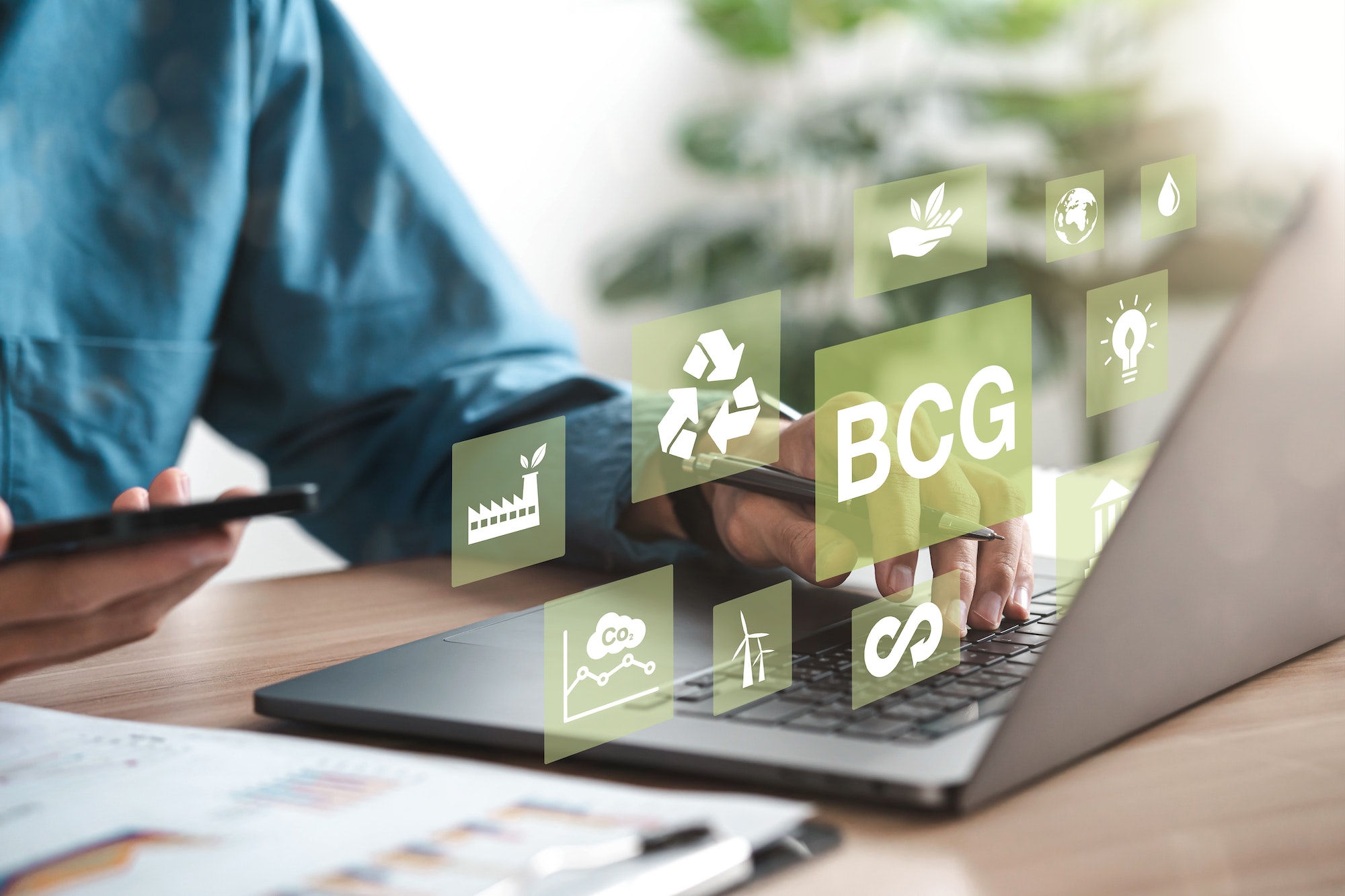AI: What’s The Big Deal?
Alright, let’s talk about the hot topic everyone’s buzzing about: artificial intelligence (AI). With AI being everywhere, many wonder: Is it going to make everyone richer or just a few tech giants? Looking at history might give us some clues.

When New Tech Comes Around…
If you look back, new tech hasn’t always meant a better life for everyone. For example, back in the day, there were cool ploughs that should’ve made everyone’s life better in Europe, but instead, the rich guys used the benefits to build fancy buildings like cathedrals, leaving ordinary folks in the dust. This sounds kind of familiar when you think about AI today. Some people say AI is going to make everything super efficient and fun, while others are scared they’ll lose their jobs to robots. Remember when movie stars got spooked about being replaced by AI? Yep, that happened.
History’s Tech Stories
To really get AI’s impact, we should look at what happened when big tech stuff was introduced before. There’s this book by smart people (economists Simon Johnson and Daron Acemoglu) that talks about how past tech helped (or didn’t help) create jobs and spread money around. For instance, in the 1700s, there was this thing called the spinning jenny. It made cloth-making easier, but workers had to work longer and in worse conditions. And then, there’s the cotton gin. While it was cool for producing cotton, it sadly promoted slavery in the US.
Also, think about the Internet. Sure, it’s amazing and made some new jobs, but a few big names got super-rich, and the growth that everyone expected slowed down. This is just a heads-up that we need to be careful when guessing how AI might change work and money.

AI’s Winners and Losers
The benefits of AI might not reach everyone equally. Some countries might cut corners to attract AI businesses, which isn’t great for workers or local places. Plus, poorer countries might get left behind if they can’t afford the big computers needed for AI. Some experts, like Stefano Scarpetta from the OECD, think that big countries need to team up and work out a game plan to make sure AI benefits more people.
Politics, Jobs, and AI
It’s not just about the tech; politics play a huge part in who wins and loses. In the past, new stuff like railways in England spread the benefits around because there were also some cool political changes. But nowadays, big companies seem to care more about making money than making everyone’s life better.
With AI, workers might feel they’re losing power. We need to make sure AI isn’t deciding who gets a job or who gets fired without humans in the loop. Worker groups can help make sure people aren’t pushed around by big AI tech.

Making AI Fair
The big million-dollar question is: will AI make things fairer or more unfair? According to some studies, AI can make jobs more fun, improve health, and increase pay. But there’s a downside: people worry about their private info, getting treated unfairly, or being overworked. To make sure the good stuff happens and not the bad, we need some solid plans and rules in place.
The Final Word
So, is AI good or bad for the economy? Well, it’s still a big mystery. But looking at history can give us some pointers. As we step into a future full of AI, our choices right now will decide if AI helps everyone or just a few. The goal? Make sure AI helps as many people as possible. We’ve got a big decision on our hands—let’s make it count!

FAQs: AI and the Economy for College Students
1. What’s the main point of this article?
This article looks at AI’s impact on the economy by comparing it with past technological breakthroughs. It’s trying to figure out if AI will benefit everyone or just a few big players.
2. Why do some people think AI is a good thing for the economy?
They believe AI can increase productivity, create wealth, and free up humans from mundane tasks, which could lead to more leisure and creative pursuits.
3. Why are others worried about AI?
There’s concern that AI might replace jobs, making many redundant. Plus, the benefits from AI might not be shared equally, making rich people richer and leaving others behind.
4. How has past tech impacted people’s lives?
It’s mixed. For example, the spinning jenny made cloth-making efficient but led to longer work hours. The cotton gin was good for cotton production but also expanded slavery.
5. What’s the problem with the Internet comparison?
While the Internet created jobs and changed our lives, it also made a few people extremely rich, leaving others with lesser benefits. The growth everyone expected slowed down.
6. Are all countries going to benefit equally from AI?
Not necessarily. Richer countries with more resources may get ahead, while poorer countries might lag. Also, some governments might compromise standards to attract AI businesses, which could be bad for their citizens.
7. What role do politics play in AI’s impact?
A big one! The way AI benefits are spread will depend on political decisions. For example, ensuring workers’ rights in an AI-dominated era is a political move.
8. How can we make AI’s impact more fair?
By setting up solid plans and rules. This includes international cooperation, workers’ rights protection, and policies that ensure shared benefits rather than concentrated wealth.
9. What’s the final verdict on AI and the economy?
It’s still undecided. Our choices and policies will determine whether AI benefits everyone or creates more inequalities.
10. What can I do as a student regarding AI’s economic impact?
Stay informed, join AI and tech clubs, participate in debates, and consider how your future career might intersect with AI. Remember, the future is shaped by those who actively engage with it!
Sources REUTERS


